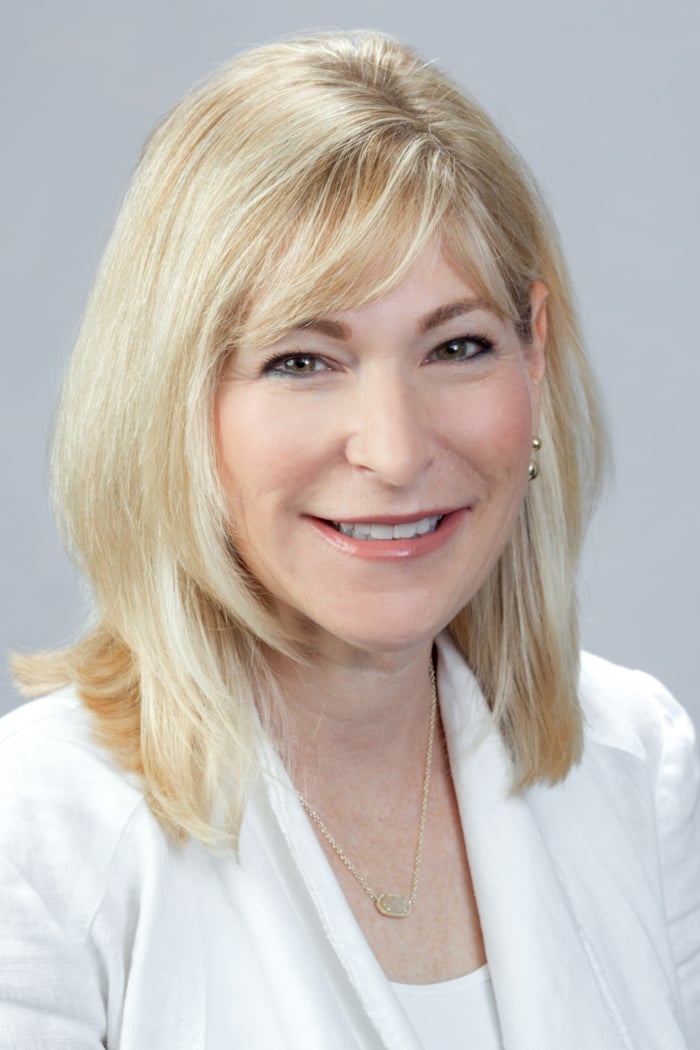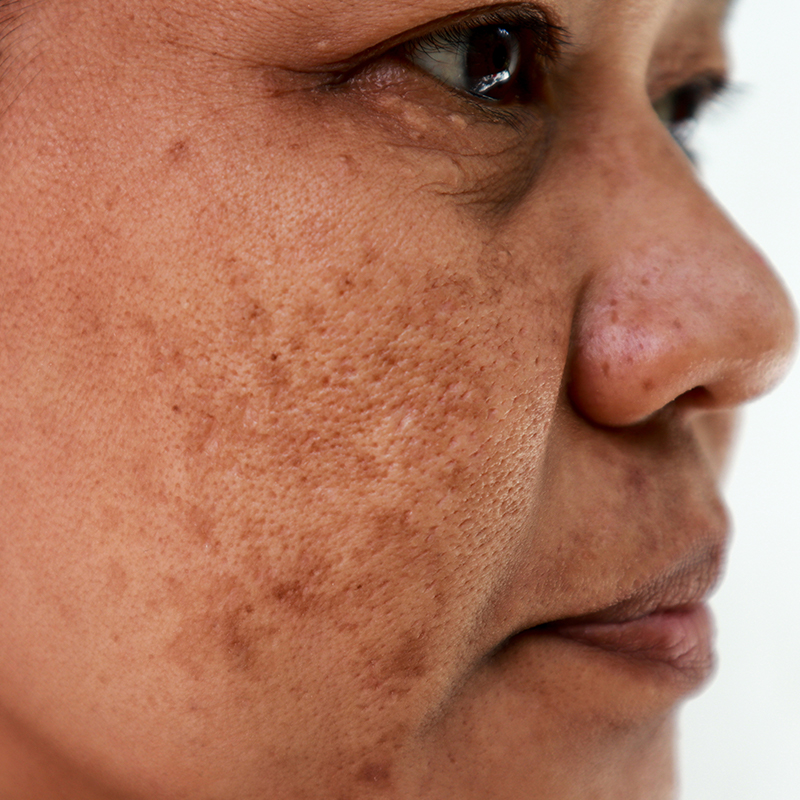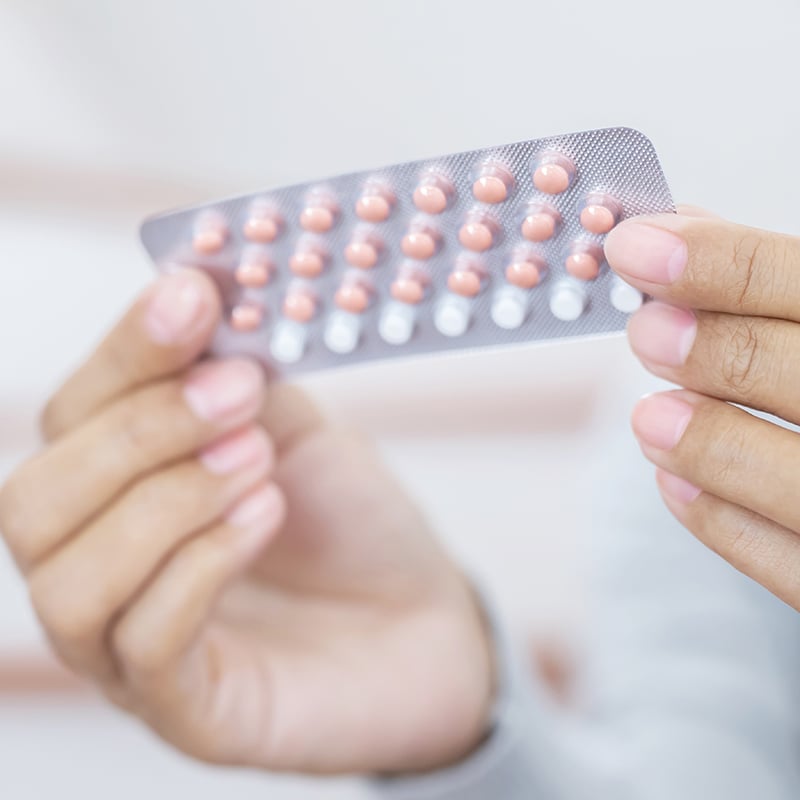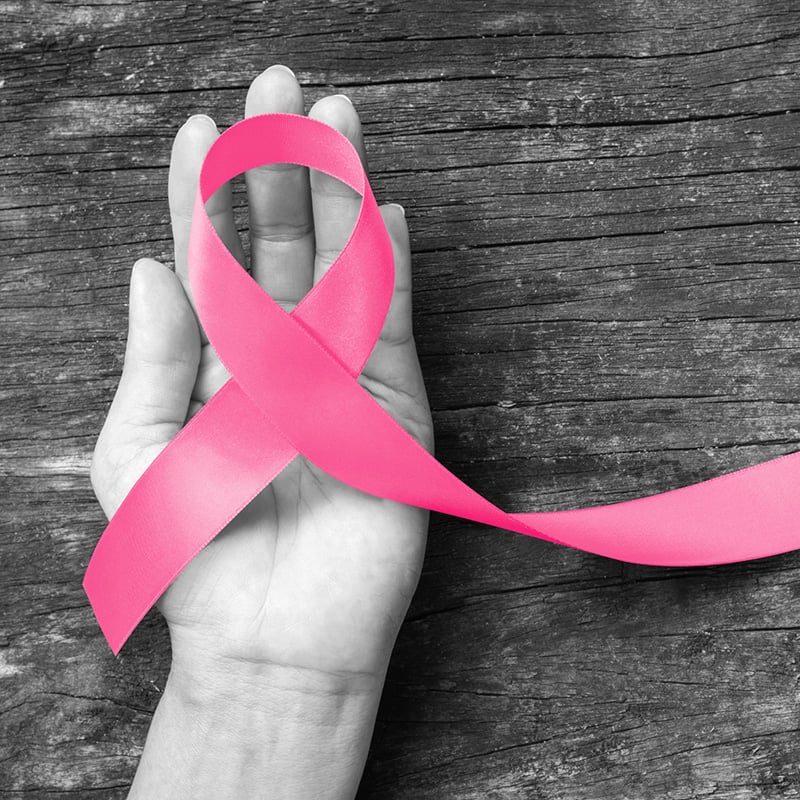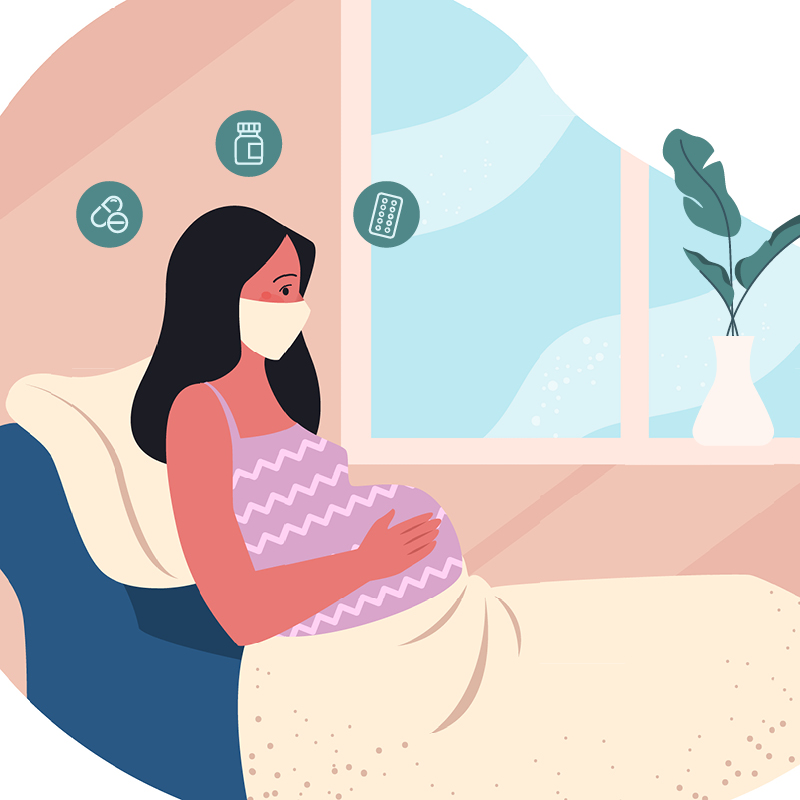Menopause starts between ages 45 and 55 for most women. Leading up to menopause, a woman’s ovaries slow their production of hormones that used to be released throughout the rest of the body – estrogen, progesterone, and testosterone – to stop allowing her to become pregnant.
Many side effects stem from the body’s adjustments to these fluctuating hormone levels, including changes to the skin.
Beth Lertzman, MD, is a dermatologist at WNY Genesee Valley Dermatology & Laser Centre in Brighton and explains how to adjust for these changes, and different ways to take care of your skin as menopause progresses.
Changes to the skin during menopause
Estrogen plays a big role in the health of your skin. Research suggests it helps to prevent decreases in collagen production and maintains its overall thickness.
As your body produces less estrogen, areas with more estrogen receptors such as the face and genital region start to become affected. Some changes to your face might include:
- excess facial hair (chin, mustache)
- flushing more often
- less collagen
- less elasticity
- more irritable
- more wrinkles
- thinning skin
Skin on the body in general begins to bruise more easily and heal more slowly due to the decrease in the hormones that help to promote robust healing.
The skin and mucous membrane in your genital region starts to thin, which can lead to itching, irritation, fissures, dryness, and pain during and after sex.
“Especially in the genital region, a lot of women suffer and don't realize that there is help for them,” Dr. Lertzman said. “They suffer with dryness and irritation, so avoiding irritating products is a really good idea for people who are in menopause.”
Treating and preventing effects of menopause on your skin
Hormone replacement therapy (HRT) is one of the most straightforward treatment methods for skin changes that happen during menopause. HRT replaces the hormones a woman’s ovaries used to make with artificial hormones that help bring her body back to a relatively normal state.
Available as oral and topical treatments, including gels and creams, HRT offers relief from many symptoms of menopause, including skin changes. Patients should be able to tell within 4-6 weeks if HRT is working or not.
Oral medications that contain both estrogen and progesterone can help to lessen the effects of menopause, especially when combined with topical face creams. They are safe to use together. Creams such as estradiol can be used to supplement the effects of oral medications. Dr. Lertzman recommends cosmeceuticals – cosmetic products with active ingredients such as retinoids, growth factors, and peptides which can help with collagen and elasticity.
Procedures such as microneedling, peels, and lasers can also help with collagen and elastin correction and production. Dermatologists can talk with patients about these options.
For unwanted excess facial hair, women can shave or use depilatory creams. Laser treatments do not work well on grey hair, so dermatologists use electrolysis instead – which runs a thin wire into a hair follicle. An electric current is then run to the wire, damaging the root of the hair and causing it to fall out.
A primary care provider or OBGYN can prescribe medication-strength topical creams, moisturizers, and lubricants to help with the skin and mucous membrane in the vulva or vaginal areas as needed.
“These treatments will be ongoing throughout a woman’s life,” Dr. Lertzman said. “With vaginal problems, especially related to the mucous membrane, if you continue to experience problems, seek out the help of a gynecologist or dermatologist to get you the relief you need.”


